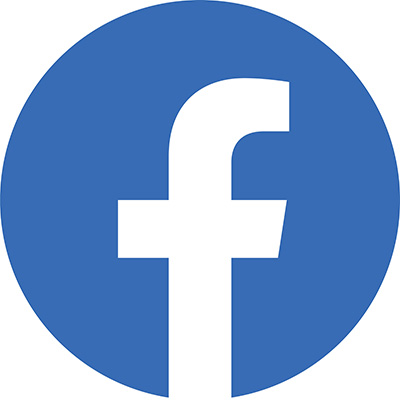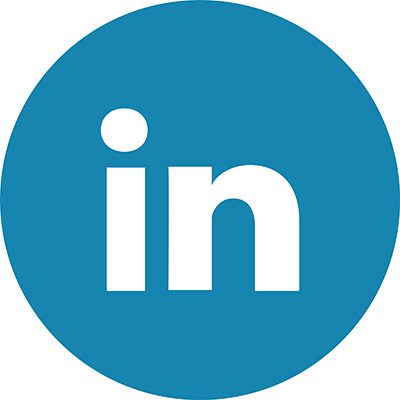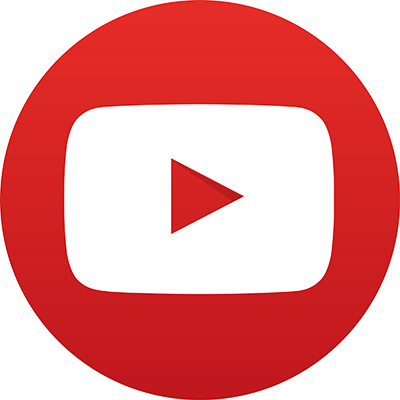Vous êtes ici : CHCSCFRManifestations scientifiquesColloques
- Partager cette page :
- Version PDF
Media Theory Conference
Colloque international organisé par Simon Dawes (CHCSC, UVSQ, rédacteur en chef de la revue Media Theory) ; Center for Culture and Technology, University of Toronto ; Graduate Program in Cultural Studies, Trent University ; Canadian Communication Association.
du 7 novembre 2025 au 8 novembre 2025
Les 7 et 8 novembre 2025
The Centre for Culture and Technology (CCT)
University of Toronto
39A Queen’s Park Cres E, Toronto,
ON M5S 2C3
University of Toronto
39A Queen’s Park Cres E, Toronto,
ON M5S 2C3
- About the Journal
Although the journal privileges an emphasis on theory, the editors are not only concerned with theory for theory’s sake. Rather, we are interested in how theoretically-informed and -engaged interventions can contribute to the interpretation of empirical research and critique, as well as to the deprovincialization of theoretical debate – helping us understand, rather than dismiss or describe, objects of critique, and making us reconsider the validity, efficacy and legitimacy of our own particular methodological approaches.
With that in mind, we are keen to stretch the definition of ‘media’, and to receive articles that critically debate the necessity of an emphasis on ‘theory’, or which prefer to emphasise ‘theories’ or ‘philosophy’ instead. As an open access journal, we would also like to provide a forum for debates on open access, peer-review and the future of academic publishing.
- Publisher & Partners
- About the Conference
The Media Theory journal was launched in 2017 to address these mounting challenges by way of deprovincializing the field of inquiry: to disentangle media theory from a predictable constellation of industries, disciplines, traditions, and regions, and equally to question what it means to theorize in a context where, as M. Beatrice Fazi (2017) writes, “high-speed computational operations are now driving both invention and discovery.” In addressing these critical needs, the journal was inspired by a further, and admittedly more speculative aim to move academic publishing towards radical alternatives and experimentation, to push the boundaries of what a journal can be, and ultimately, “to develop a transnational and transdisciplinary forum of debate on media theory and academic publishing” (Dawes, 2017).
> Cliquer ici pour en savoir plus et consulter le programme détaillé du colloque
Informations complémentaires
Contact : simon.dawes@uvsq.fr







